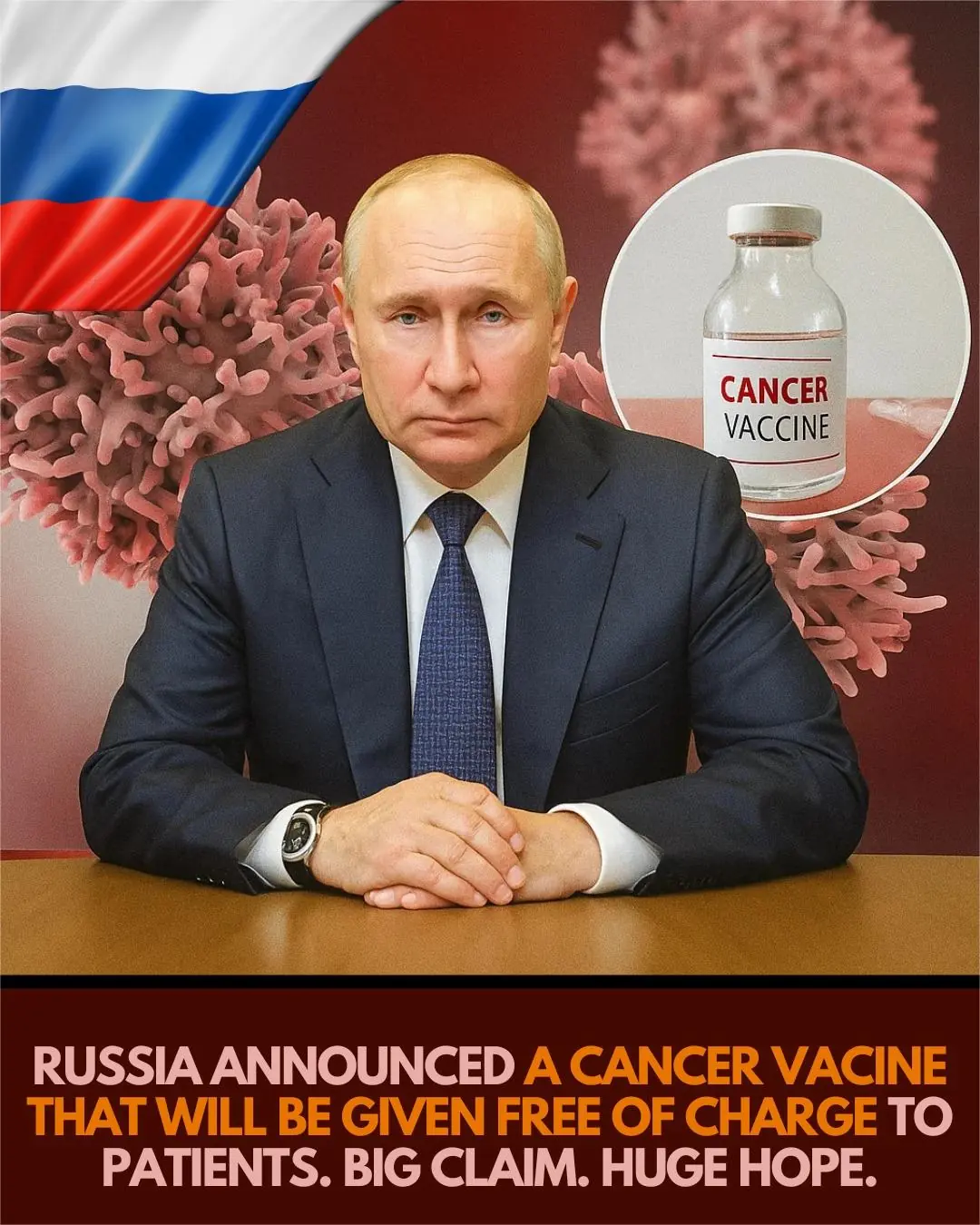Clinical Trials Set in Moscow’s Top Oncology Centers
The trials, scheduled to begin in late 2025, will be hosted at the N. N. Blokhin Cancer Center and the Hertsen Moscow Oncology Institute—national hubs for advanced cancer therapy. Preclinical studies demonstrated strong immune activation with minimal toxicity, and the first trials will monitor immunogenicity, tumor regression, and recurrence rates in 100 participants with stage II–III melanoma.
Why Melanoma—and What Comes Next?
Melanoma, with its high mutation load, is an ideal target for immunotherapy. Over 132,000 new cases are diagnosed globally each year, and Russia alone faces over 625,000 new cancer cases annually. Officials have hinted that after melanoma, the AI-mRNA framework could be applied to pancreatic, lung, and kidney cancers—diseases often resistant to conventional treatment.
From COVID to Cancer: The mRNA Platform Evolves
Russia’s entry into cancer immunotherapy comes as mRNA technology matures beyond its pandemic roots. COVID-19 vaccines proved the platform’s flexibility, and now, oncology is its next frontier. Personalized mRNA vaccines have shown strong immune responses in trials worldwide, providing a roadmap for Russia’s initiative.
Inside the Science: How AI Designs the Vaccine
After a patient’s tumor biopsy is sequenced, AI software identifies viable neoantigens and ranks them based on their potential to trigger T-cell responses. The finalized mRNA strand is then synthesized and delivered within a week—a turnaround time that once took months. This AI-driven precision reduces unnecessary inflammation and lowers the risk of autoimmune side effects.
Addressing Skepticism and Data Transparency
While enthusiasm is high, skepticism remains. Concerns about transparency, peer-reviewed data, and the political framing of the vaccine persist. However, Russian officials have pledged to publish trial data openly and invite international experts to participate in oversight committees.
Global Implications If It Succeeds
If successful, Russia’s vaccine could revolutionize global cancer care, especially in low-income nations where access to advanced oncology treatments is limited. The free-access model could pressure pharmaceutical companies worldwide to lower costs or share technology more widely.
Moreover, Russia may leverage the vaccine as soft power, offering access to partner nations across Asia, Africa, and Latin America—turning medical innovation into a diplomatic tool.
A Glimpse Into the Future
This initiative underscores Russia’s ambition to become a leader in biotechnology, with cancer immunotherapy placed at the top of its strategic health agenda. By combining genomics, AI, and state funding, the melanoma vaccine could mark the beginning of a new era in personalized medicine.
Conclusion
Russia’s personalized mRNA cancer vaccine trial isn’t just a medical experiment—it’s a bold national bet on the convergence of biotechnology, data science, and equity. If proven successful, it could catalyze a paradigm shift in cancer treatment worldwide, reshape pharmaceutical economics, and reinforce the role of personalized medicine as the future of oncology.
CONTINUE READING ON THE NEXT PAGE 🥰💕

